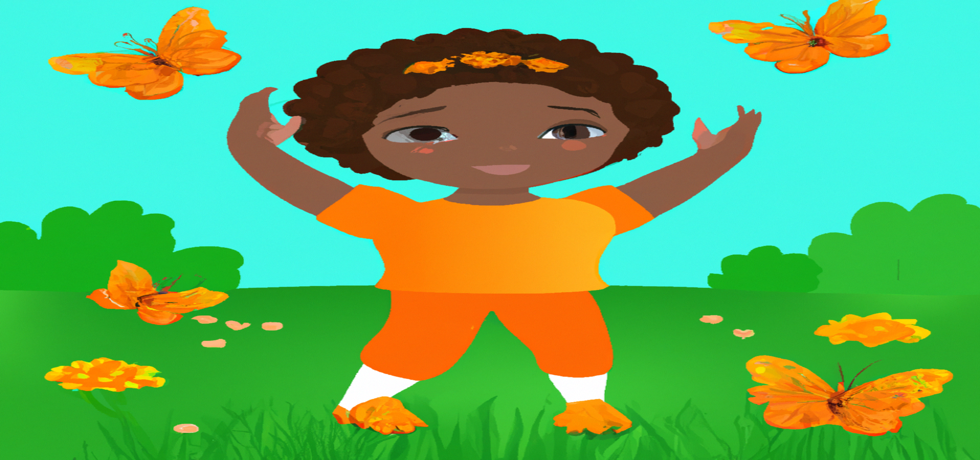
Understanding and Addressing Premalignant Skin Problems


For professional assistance and expert advice from leading dermatologists like Dr. Hital Patel, experience the benefits of understanding and addressing premalignant skin problems with Hair & Skin Specialist Dr. Hital Patel at The Skin Artistry. Our clinics in PDPU Gandhinagar, Vastrapur Ahmedabad and Hyderabad offer top-quality care and personalized treatments. Visit us today to learn more about our services and take advantage of our special offers! For more insights, updates, or to collaborate, stay connected with The Skin Artistry.


Q: Is nail surgery painful?
A: While discomfort may occur, local anesthesia is usually administered during the procedure, and pain management strategies will be discussed for a comfortable recovery.


Q: How often should I consult with a dermatologist?
A: It is ideal to see a dermatologist every 6-12 months for a thorough skin assessment and tailored advice for your routine.

Who can benefit from nail surgery?
Anyone facing cosmetic concerns or functional issues concerning their nails can benefit, from individuals with ingrown nails to those with nail deformities.
How should I care for my nails post-surgery?
Following your specialist’s instructions for post-operative care is critical, including keeping the area clean and monitoring for any signs of infection.


How long does it take to see results from naturopathy?
The timeline for results can vary depending on individual health conditions and goals. Many patients begin to notice improvements in their overall well-being within a few weeks of initiating naturopathic treatments.

The causes of rashes can be quite varied. Allergens, such as certain foods or pet dander, contact irritants like soaps and detergents, and more complex factors such as infections or autoimmune diseases can all lead to this skin irritation. Recognizing the triggers is key to effective rash treatment.
Interestingly, not all rashes result in visible redness or bumps. Some conditions may cause skin to feel itchy or swollen without displaying any noticeable changes. Therefore, awareness of symptoms is essential in identifying underlying issues.
Certain rashes, such as those caused by viral or bacterial infections, can be contagious. Conditions like shingles or impetigo can spread from person to person, which emphasizes the need for appropriate hygiene practices to reduce transmission risks.
Proper diagnosis is crucial for effective eczema treatment. A dermatologist can help identify the type of rash you have, be it an allergic reaction, eczema, or another skin condition. This identification will inform the best strategies for management.
Factors such as stress, diet, and environmental conditions can all contribute to the severity and recurrence of rashes. Managing lifestyle habits can play an important role in reducing flare-ups and maintaining healthier skin.
While some rashes require medical intervention, many will resolve on their own. In cases of mild irritation, simple home remedies, such as moisturizing or using oatmeal baths, can provide relief.
Genetics can influence how your skin reacts to certain triggers. If you have a family history of conditions like psoriasis or eczema, you may be more susceptible to similar issues, making it essential to understand your genetic predisposition.
Seeking advice from a knowledgeable dermatologist is pivotal in developing a personalized care plan for chronic or severe rashes. These experts can recommend skin regimes tailored to your specific needs.
Regardless of age or skin type, rashes can affect everyone. From infants with diaper rashes to adults dealing with heat rash, it’s vital to remain informed and aware of skin health.
A quality moisturizer can be beneficial in managing many types of rashes, particularly eczema. Keeping the skin hydrated helps enhance its protective barrier, reducing irritation and the risk of flare-ups.
Rashes can sometimes be indicators of more serious health problems, such as autoimmune diseases or nutritional deficiencies. If a rash persists or is accompanied by other concerning symptoms, professional evaluation is essential.
For many, sun exposure can lead to heat-related rashes, especially in hot and humid climates. Understanding your skins sensitivity to the elements is vital when caring for your skin, especially during Indian summers.
Children’s skin can be particularly susceptible to various rashes due to thinner skin and a developing immune system. Being vigilant about signs and symptoms can help address issues promptly, ensuring your child’s skin remains healthy.
Some natural remedies can soothe tender skin. Ingredients like aloe vera, coconut oil, and chamomile have been famous for their calming properties, although they may not substitute professional treatment.
Making it a habit to check your skin regularly for changes in moles or new rashes is crucial for early detection of skin issues. If anything seems out of the ordinary, do not hesitate to consult a dermatologist.
Being informed about the nature and treatment of rashes can significantly affect how we manage our skin health. If you ever experience persistent or severe rashes, do consult a dermatologist at The Skin Artistry, who will help you find a tailored treatment plan suited to your needs.
For professional assistance and expert advice from leading dermatologists like Dr. Hital Patel, experience the benefits of understanding rashes with Hair & Skin Specialist Dr. Hital Patel at [The Skin Artistry](https://theskinartistry.com/). Our clinics in PDPU Gandhinagar, Vastrapur Ahmedabad, and Hyderabad offer top-quality care and personalized treatments. Visit us today to learn more about our services and take advantage of our special offers! For more insights, updates, or to collaborate, stay connected with [The Skin Artistry](https://theskinartistry.com/).

Click one of our representatives below to chat on WhatsApp or send us an email to skinconsultation@gmail.com